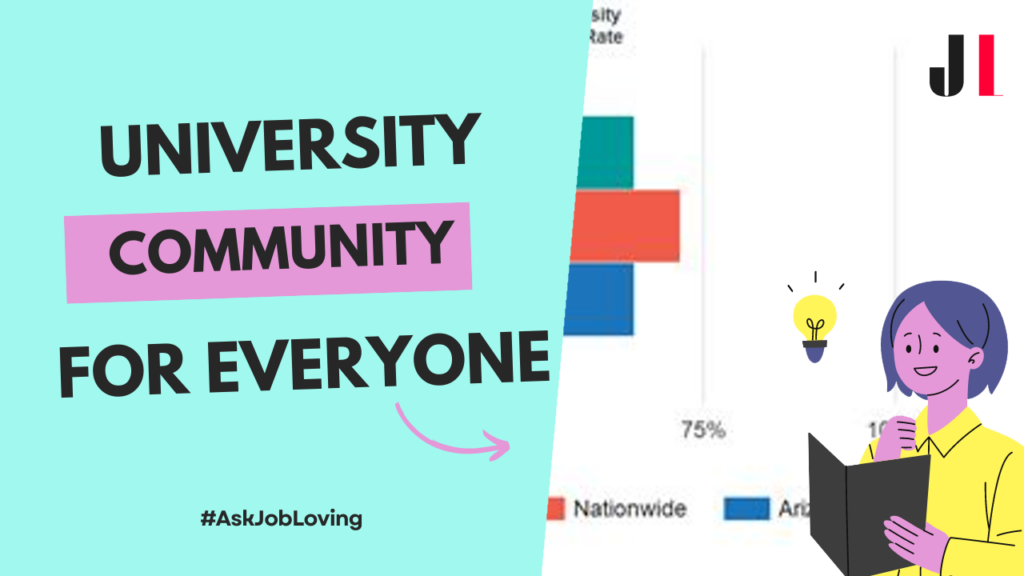Why is Grand Canyon University Graduation Rate So Low?
When we delve into the question of why is Grand Canyon University graduation rate so low, it’s hard not to raise an eyebrow at the alarmingly low figure of 35%. This statistic signals that only a little over a third of students graduate within eight years of their enrollment. Such a number would make anyone pause and wonder what’s cooking in the academic cauldron of GCU.
One significant factor contributing to this graduation rate is the school’s high acceptance rate, which stands at about 80%. When an institution admits a large number of students without stringent academic requirements, it tends to attract individuals who may be less prepared for the rigors of college. Many students find themselves overwhelmed, leading to higher dropout rates as they decide to pursue other paths rather than struggle through courses that may not align with their skills or interests.
Additionally, GCU offers substantial scholarships, particularly to those with high GPAs. While scholarships sound enticing, they can sometimes mask underlying issues in academic support systems. Students might enter the university looking to capitalize on these financial incentives but quickly find themselves disillusioned by the challenges they face once classes begin. The promise of financial help might not compensate for a lack of comprehensive support mechanisms designed to help students navigate their studies.
Other Contributing Factors
The environment at GCU itself plays a role in this graduation dilemma. Although students receive considerable attention and resources on campus—as noted by many who describe it as “well taken care of”—the reality is that a for-profit model can sometimes prioritize enrollment over retention. This structure may lead to insufficient follow-up on student progress, contributing further to attrition rates.
Another noteworthy point involves the online platform that GCU offers. With a substantial number of students enrolled in online programs, completing degrees becomes challenging due to various factors such as lack of personal interaction, engagement, or motivation that in-person coursework often provides. The lack of direct oversight and peer interaction can result in many online learners feeling isolated or lacking a supportive community, leading them to drop out before finishing.
If we want to analyze graduation rates comprehensively, we cannot overlook the broader educational landscape in which GCU operates. When compared with other private, for-profit colleges, GCU remains relatively better off—though still within a context that could use substantial improvement. With its low graduation rates, it raises questions surrounding admissions practices and overall student preparedness.
Conclusion: Addressing Graduation Rates
In conclusion, the low graduation rate at Grand Canyon University stems from a mix of high acceptance rates, the complexities surrounding financial aid and support mechanisms, and challenges faced by online learners. Each factor intertwines, making it crucial for prospective students to consider their fit at GCU and seek out robust support systems from day one if they choose to enroll. If you’re looking for more resources or answers regarding this topic or need further insights about navigating college life successfully, connect with us at JobLoving community! We’re here to assist you on your educational journey!

